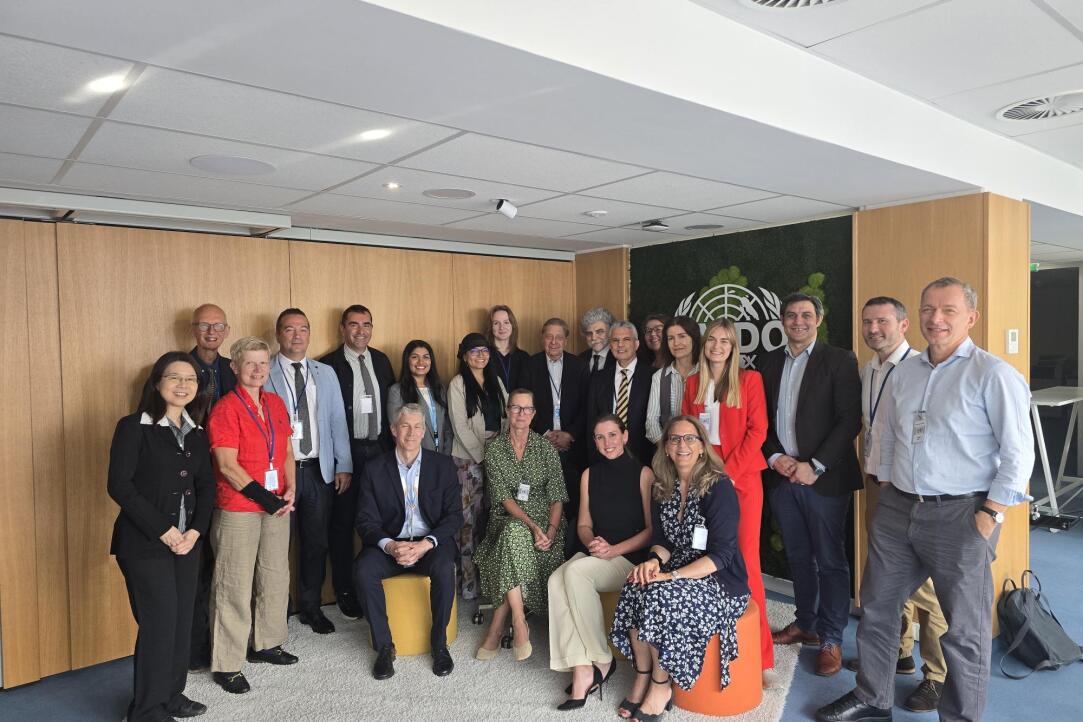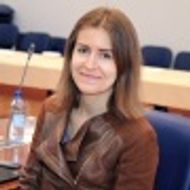Experts Assessed Foresight Role in Sustainable Development Policy
United Nations Industrial Development Organization (UNIDO) and HSE ISSEK experts have discussed the role of technology foresight in promoting a circular economy.

The circular economy is a model aims to reduce waste and maximize resource efficiency through reuse, recycling and long-term use of products. According to the ISSEK monitoring outcomes, the closed-loop economy is becoming the dominant global trend in science and technology development.
On 18th June 2025, over 50 representatives from academia, government and non-profit organizations met at UNIDO working group meeting in Vienna to discuss challenges and opportunities in applying technology foresight to develop a circular economy. Liliana Proskuryakova, Head of the HSE ISSEK Laboratory for Science and Technology Studies took part in the meeting.
HSE ISSEK Laboratory for Science and Technology Studies designs methods for identifying trends in science and technology development including ones related to circular economy. Another area of the laboratory's study is technological factors analysis in rational use of natural resources at economic sectors level, which is one of important components of the circular economy.
Circular economy is one of 42 strategic initiatives of the Russian Government. Today a system for handling municipal solid waste (MSW) is being introduced in all regions of the Russian Federation. By 2030 all MSW in the country to be sorted and at least 25% recycled. The volume of waste sent to landfills is expected to decrease by half compared to 2018. This creates conditions for reducing the burden on the environment and stimulating resource-saving technologies. However Russia like many other countries faces some challenges in implementing these initiatives, the main one being the limited availability of reliable data on material flow routes, waste management and resource efficiency.

Liliana Proskuryakova
“For the successful implementation of country and industry foresight projects it is necessary to ensure the integration of foresight into national strategic planning systems as it has been done in Russia and other BRICS countries. Сooperation between foresight centres and industrial policy experts from different countries is extremely important for the best foresight practices and circular economy technologies dissemination. The working group meeting under UNIDO auspices is an important step in such cooperation strengthening.”
The participants' proposals will be used to integrate technology foresight into UNIDO's technical assistance programme in the area of circular economy. This will help to unite the countries' efforts for accelerated and sustainable industrial development.

